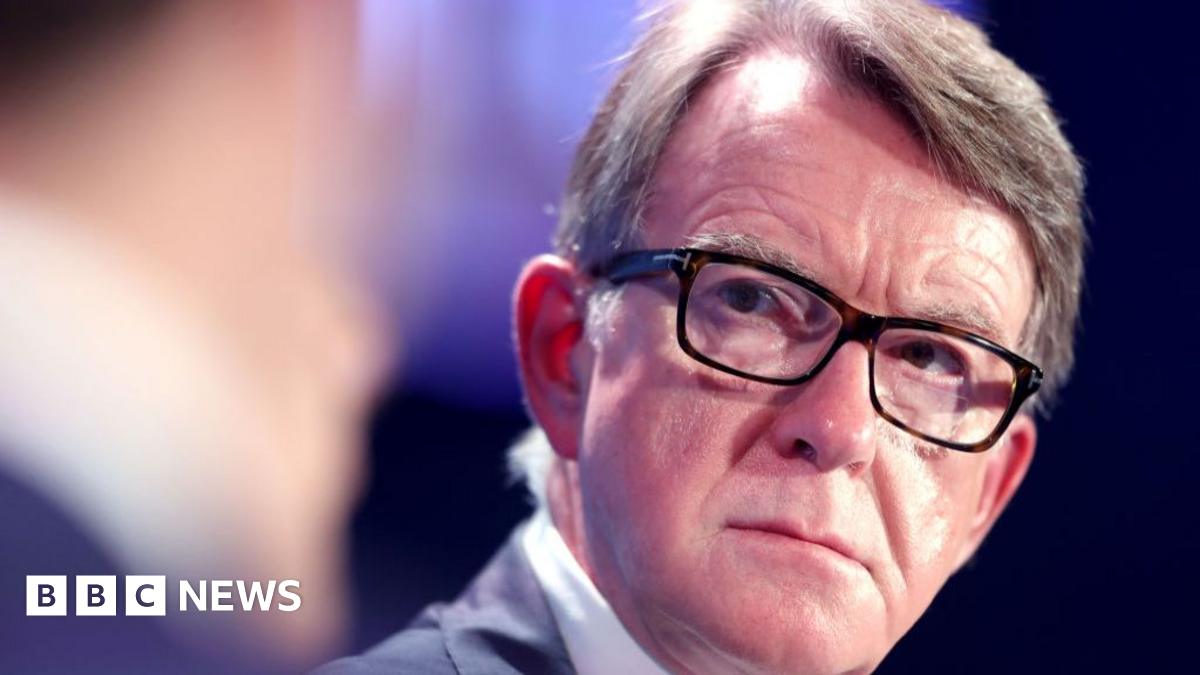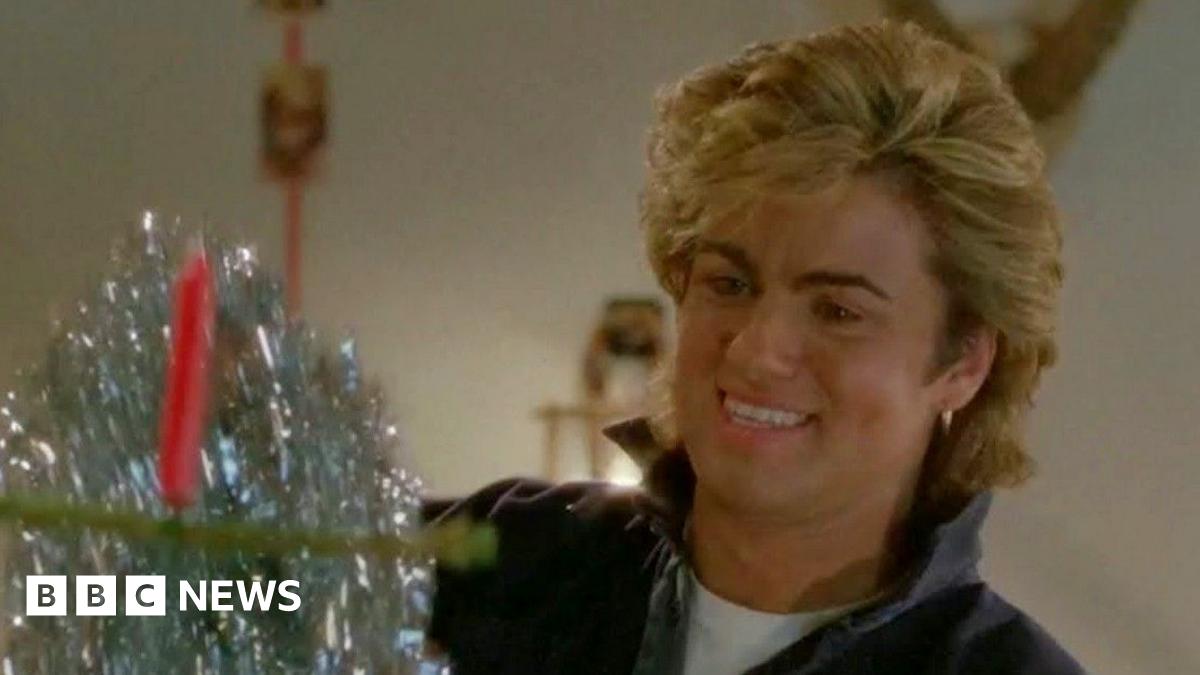Bussiness
Nearly 50,000 companies face collapse as ‘debt storm’ breaks

Inga West, a restructuring lawyer at Ashurst, said it was unsurprising businesses were feeling the stress.
She said: “For smaller businesses, this could mean the end of the road.
“Larger businesses often have a few more options open to them. But with interest rates set to remain fairly high for a while, making it difficult for a business to borrow its way out of trouble, they are likely to need both operational as well as financial restructurings.”
All of the 22 sectors tracked by Begbies showed an increase in critical financial distress, with construction and real estate sectors the hardest hit.
London and the south east are bearing the brunt of the problems, with more than 22,000 companies in a critical condition at the year end.
The Midlands is the next worst region with around 6,000 facing distress and around 5,000 in the north west.
Between 17,000 and 25,000 companies enter insolvency every year on average, meaning the UK could see a doubling in the number of insolvencies if all “critical” firms go under.
In addition to companies dubbed “critical”, Begbies said 539,900 UK businesses were now in ‘significant’ financial distress, 13pc higher than last quarter.
A series of rate cuts may provide some much needed relief for under-fire firms.
Money markets are predicting about a 60pc chance that policymakers will begin cutting interest rates in May, with a first cut priced-in by June at the latest.
The market expects at least four cuts of a quarter of a percentage point this year as economists predict inflation could fall below the Bank of England’s 2pc target by April.
Ms Palmer said some of the rate pressure may ease but the environment was likely to stay. “Interest rates are unlikely to gallop any further and will likely come down if anything,” she said.
There are no clear figures on how much debt UK corporates have taken but the Bank of England has warned of a £1.8 trillion credit market which developed in the low rate environment.
Businesses are also facing higher burdens on their costs from government policy. Chancellor Jeremy Hunt unveiled plans to hike the minimum wage by £1 an hour to £11.44 from April while corporation tax has also been hiked to 25pc from 19pc.
Companies like Currys have blamed such policies for loading costs onto “overburdened” retailers.
Read the latest updates below.










